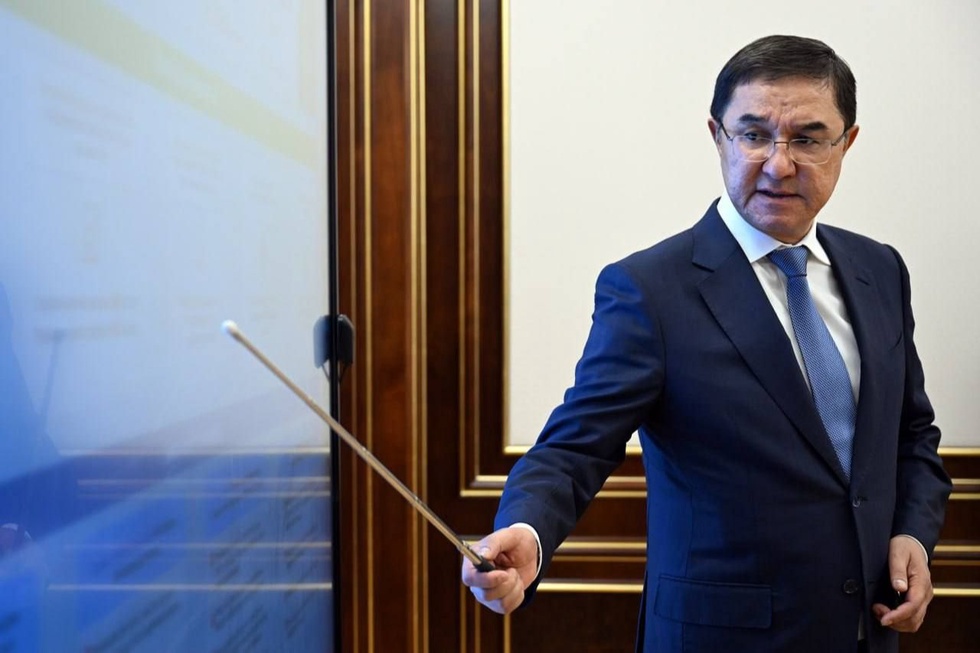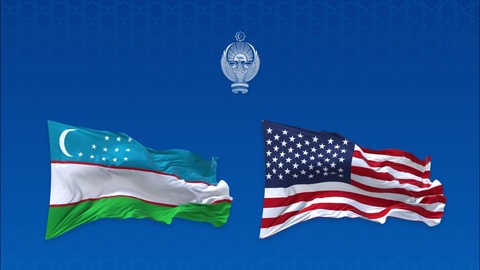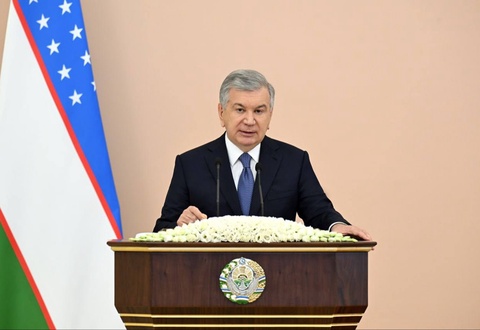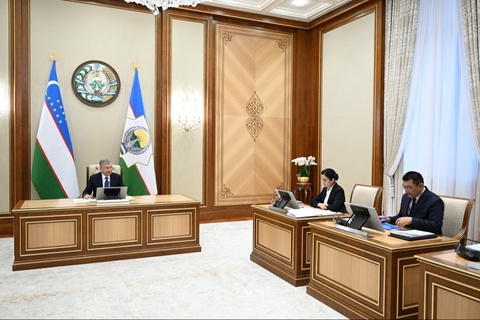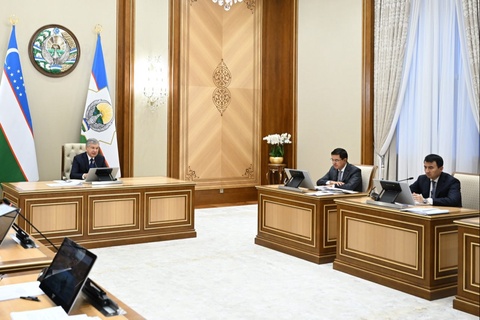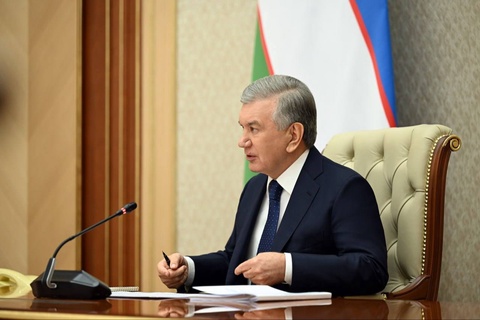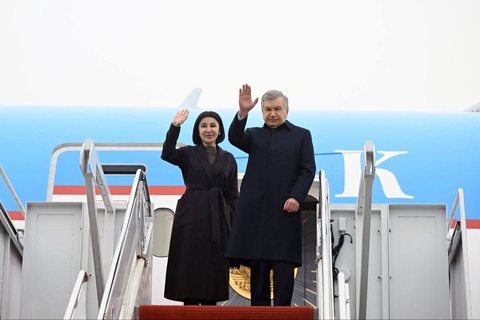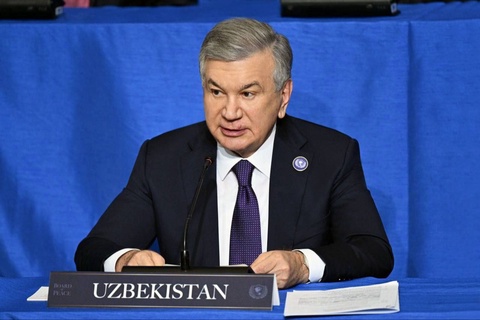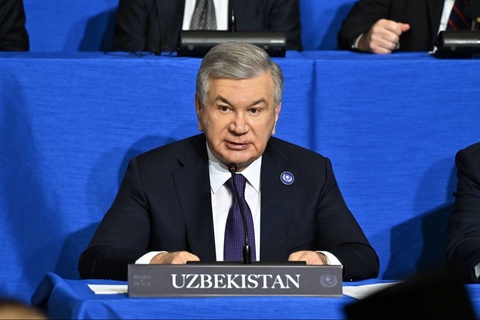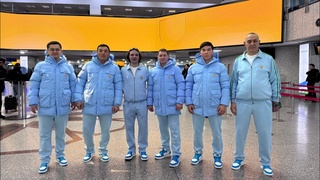Over the past eight years, the population of Uzbekistan has increased by 6 million people. During this period, approximately half a million residential buildings have been constructed. In particular, last year, 100,000 units of apartment buildings were completed. This year, even more construction is planned – over 130,000 new apartments.
In the coming years, the population is expected to reach 40 million. With such growth rates, there will be an annual demand for 140,000 to 150,000 new apartments. This, in turn, means that an additional 2,000 hectares of land will be needed each year. However, land resources are limited.
In this context, the renovation program becomes an effective solution. For example, there are about 17,000 old two- and three-story buildings across the country. Living conditions in these buildings no longer meet modern standards. The electrical, gas, and water supply networks – as well as other infrastructure – are significantly worn out, and in many buildings, there is no sewage system at all.
If modern 7- to 9-story apartment buildings are constructed in their place, they could accommodate three times as many residents. Most importantly, the new apartments will have modern utilities, including hot and cold water and a proper sewage system. People can live in clean, comfortable, and well-maintained environments. As a result, thousands of families will see their quality of life improve, and, most importantly, many will experience such comfortable living conditions for the first time in their native districts.
Another vital aspect is energy efficiency. With compact development, infrastructure networks and energy resources will be used more effectively.
Currently, there is no unified regulatory document in this area. Drawing on international experience, a draft law titled “On Urban Renovation” has been developed in this regard.
The legal, financial, and organizational aspects of the renovation system were reviewed during the presentation.
It is expected that such programs will be implemented in three stages. In the first stage, territories suitable for renovation are identified in cities and districts, and corresponding projects are developed. Homeowners will be offered either new housing or financial compensation. All agreements will be concluded individually and notarized with each property owner.
In the second stage, regional and national councils will review the renovation program, and a construction company will be selected. In the third stage, the construction and commissioning of new residential buildings will be carried out.
The economic potential of the areas covered by renovation will also increase. Retail outlets, service enterprises, and small production workshops will be located on the first and second floors of the new buildings. Moreover, according to estimates, implementing this system could save up to 20,000 hectares of land.
In particular, the first stage of the renovation program envisions the construction of 20,000 apartments.
The Head of state emphasized the importance of implementing such projects primarily with the interests of residents in mind, based on a structured and fair system. In this regard, it was noted that responsible officials, district hokims, and their deputies in relevant areas would undergo additional training on the procedures for carrying out renovation and on effectively organizing this work.
Issues related to providing infrastructure in the renovation zones and the development of trade and service sectors around the new residential complexes were also addressed.


